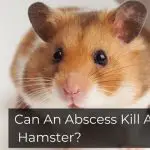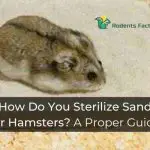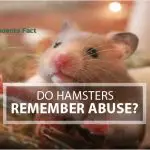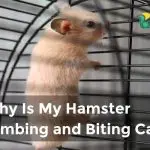How to Avoid Hamster Eating Their Babies? | Tips to Prevent This Shocking Phenomenon
Hamsters are usually very protective of their young, and they can be very aggressive against other animals and even people. Hamster babies or also known as pups to hamster breeders are a delicacy for some hamster species.
However, there are sometimes cases where the female hamster does not care for her young, and she will even eat them! So the question is how to avoid hamster eating their babies?
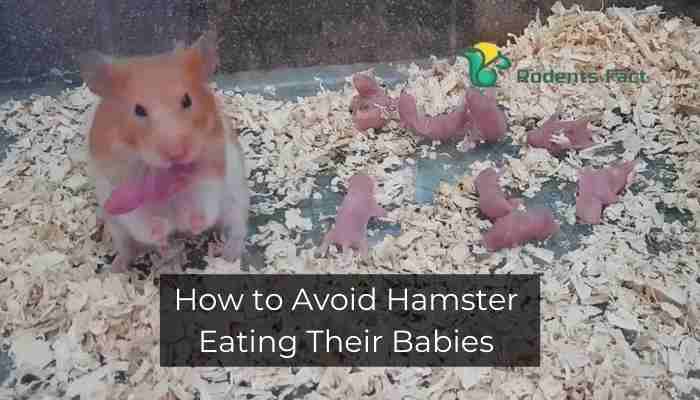
Most hamsters find it very hard to resist eating their babies, and if you’re a hamster owner, you’re likely familiar with the unpleasant scenes.
Unfortunately, this is a common hamster problem. But there are ways you can prevent this from happening.
Why Do Hamsters Eat Their Own Babies?
Hamster mothers are less sentimental than human mothers. Here are a few explanations as to why a hamster mother would eat her young:
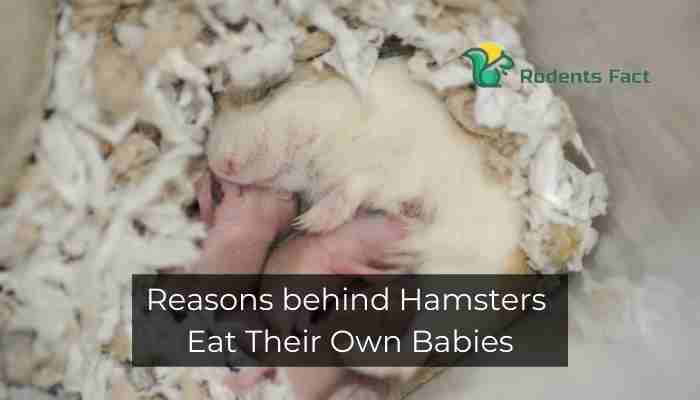
- If the mother hamster feels intimidated or under pressure if you keep checking on her and the litter.
- She might bite them by accident to carry them.
- She carries them while biting them excessively
- After giving delivery, if she is hungry.
- Her personal area is minimal, and the offspring occupy too much room in the inadequately sized cage.
🐹 Read More: Where Do Hamsters Come From Before the Pet Store? | Hamsters’ Origin
How Do I Stop My Hamster From Eating Each Other?
You can frequently do nothing if the mother decides to eat her young. But if you don’t put the mother in a situation where she feels like she has to eat the infants, you can rescue them 90% of the time.
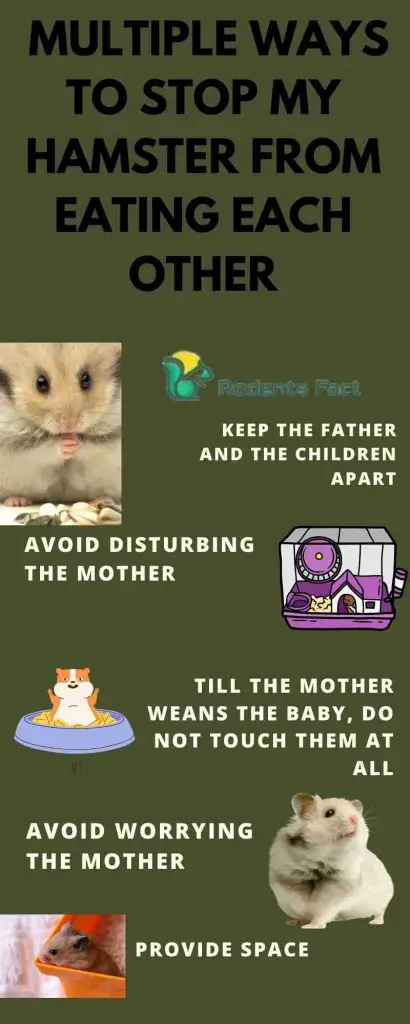
Here are some of the most common things you can do to help the mother save those babies:
- Before the mother gives birth, leave food and protein for her. A hamster may consume a variety of insects, including grasshoppers, bloodworms, crickets, mealworms, and many more.
- Keep the father and the children apart at all times.
- Avoid disturbing the mother or the cage for at least two weeks after giving birth.
- Till the mother weans the baby, do not touch them at all (3-4 weeks)
- Provide the mother with a lot of room in a big cage.
- Avoid worrying the mother.
🐿️ Interesting Topics: How long do Baby Chipmunks Live with their Mother?
Is It Normal for Hamsters to Eat Their Babies?
It seems that hamsters eating their young is entirely normal. It is completely natural and the chances are that the mother will always eat some of the babies and even larger hamsters will eat smaller ones.
How to Handle a Baby Hamster
When you get a new baby hamster, it’s important to know how to handle them. Here are some tips:
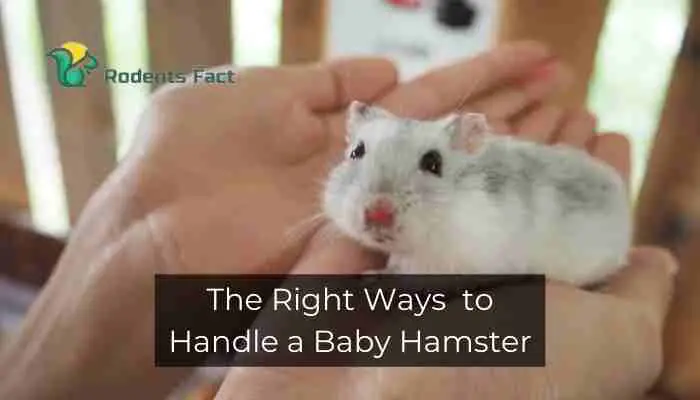
- Make sure they have a safe place to play. A hamster wheel, a large container, or a set of large wheels are all good options.
- Introduce them to their new home slowly. Keep the hamster in a small area at first, and then gradually increase the size of the area.
- Do not handle the hamster too much at first. They may be scared and may bite. Sometimes you have to be gentle to touch a baby hamster.
- Feed them a high-quality diet and water regularly.
🐹 Read More: My Hamster Is Cold and Wobbly | What Can Be the Reasons?
Frequently Asked Question
When to separate baby hamsters?
Separating hamsters too early can cause them to become anxious and depressed, which can lead to health problems.
While it’s important to provide your hamster with a large enough cage to roam and plenty of toys to keep them occupied, it’s best to wait until they’re at least six weeks old before separating them.
Why do hamsters die so easily?
There are several reasons why hamsters die so easily.
One reason is that they are small and relatively defenseless. Hamsters are also susceptible to disease and predation.
Another reason is that hamsters have a low reproductive rate. They may have only one or two litters a year, which is why they are so susceptible to disease and predation.
Final Words
Many pet owners have probably experienced the shock and horror of witnessing their pet hamster devour its young, or even worse, their own child. This article helped you to take the right procedure of how to avoid hamster eating their babies.
It’s truly just something weird to most people, but to the Hamster, it makes perfect sense. Like any other mammal, hamsters are also capable of bearing and raising their young. However, there is a very high risk of the female eating her pups due to a hormone that is released during nursing.

